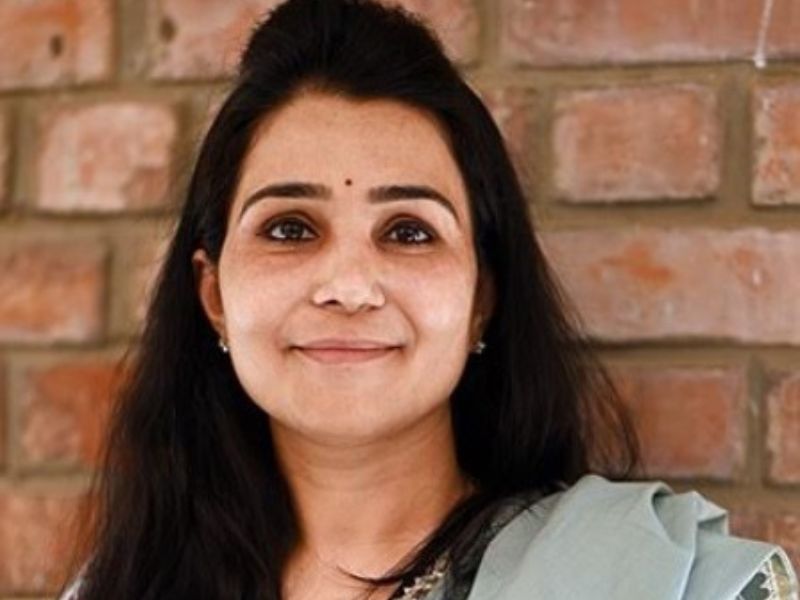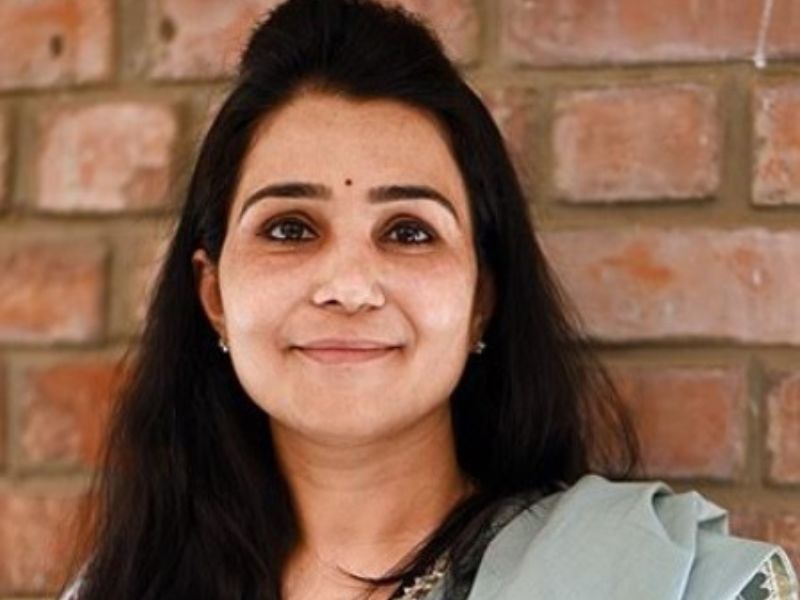 Prof Parul Gupta is Chairperson, Global Engagement, Outreach & Communication and Incubation Centre, and Associate Professor, Business and Labour Law, at MDI Gurgaon
Prof Parul Gupta is Chairperson, Global Engagement, Outreach & Communication and Incubation Centre, and Associate Professor, Business and Labour Law, at MDI Gurgaon
The world faces cataclysmic changes, with wars, climate change, and growing divides deepening global uncertainty. Just as humanity seemed to recover from the disruptions of the COVID-19 pandemic, the rise of anti-globalisation forces and calls for economic nationalism have intensified anxiety. Amid this chaos, many believe India can serve as a stabilising force. While India’s economic rise seems imminent, it has also gained prominence in global diplomacy, with the recent G20 consensus showcasing its ability to bridge divergent worldviews and, indeed, divergent worlds.
As a teacher from a leading B School, I firmly believe that management students, alumni, and B Schools can play a constructive role as a “force for global good” through global linkages and collaborations. Consider how India-born, India-educated CEOs are making a global impact, with many having studied at top Indian B Schools. This goes beyond showcasing Indian managers or reinforcing India as a knowledge economy. Global partnerships enable B Schools and their communities to reaffirm their commitment to a shared and rewarding future, rooted in the Indian ethos that the world is a family.
A few years ago, a study found that 99% of the world’s student population was excluded from international partnerships. While some may find this obvious, the situation is changing, with top Indian B-schools now taking the lead.
In a world facing numerous challenges, the need for “problem solvers” is greater than ever· Indian business schools can produce such leaders with a global outlook—people who not only win customers but also win hearts. This way, they can help secure a better future for humankind, which is otherwise threatened by shortsighted policies and impulsive actions.
The UN Sustainable Goal 17 emphasizes revitalizing global partnerships for sustainable development, stating that the 2030 Agenda requires action from all countries—developed and developing—to ensure no one is left behind. This involves collaboration between governments, the private sector, and civil society. B-Schools’ international linkages play a crucial role in fostering these partnerships with long-term positive effects.
The World Bank’s 2020 report, “The Power of Partnerships: A Global Review of Evidence on the Impact of Education Partnerships,” highlights how collaboration between governments, businesses, and civil society boosts education outcomes. Such global partnerships not only cultivate future global citizens but also enhance education quality.
Leading the Global Engagement Office at MDI Gurgaon has shown me firsthand how global collaborations make our students future-ready global citizens. These partnerships also enhance India’s global reputation, as international scholars experience the rising stature of the country. International students on our campus are captivated by our innovative educational practices, inclusivity, and respect for diverse cultures, all while staying deeply rooted in our own.
In today’s global landscape—marked by geopolitical tensions, climate change, and health crises—B-school graduates, enriched by international exposure, will be crucial in solving global challenges for the greater good..
















Add comment